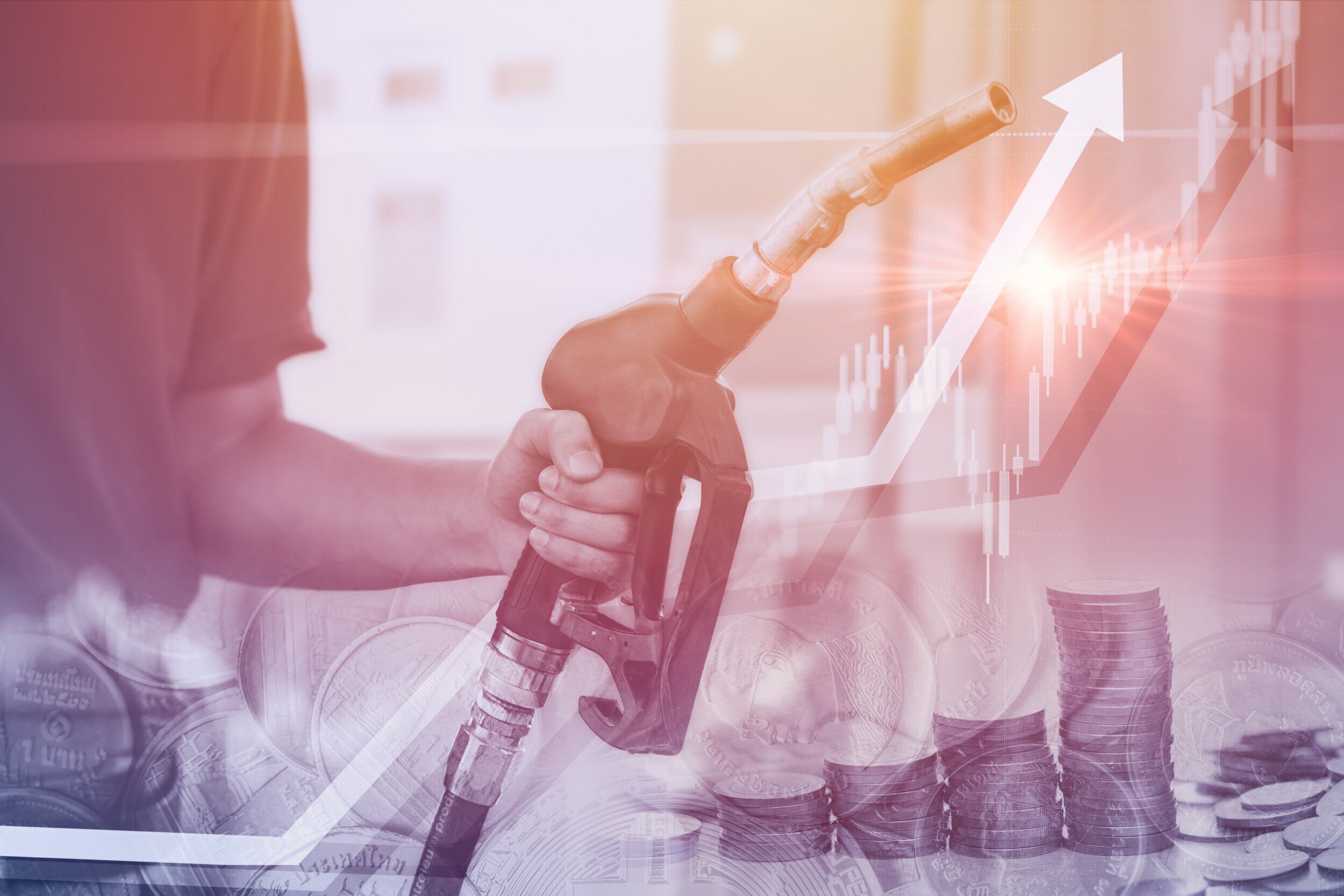Gas prices are on the rise again in Alabama and across the country following a steady decline from record summer highs.
Public relations and marketing director for Alabama AAA Clay Ingram said a tight fuel supply and increasing global demand are partly to blame for the increase, but the war in Ukraine and the recent decision by the Organization of the Petroleum Exporting Countries (OPEC) to cut back oil production is making matters worse.
"When demand started to creep back up a little bit, and our supply didn't really change very much, then that caused prices to start creeping back up as well, which is the normal behavior for it," Ingram told 1819 News. "But now you add in this OPEC+ [announcement], that's going to create more volatility. It's going to cause crude oil prices to bump up pretty quickly."
OPEC announced Wednesday it would be reducing oil production by 2 million barrels a day to recover falling oil prices. According to the organization's website, "80.4% (1,241.82 billion barrels) of the world's proven oil reserves are located in OPEC Member Countries, with the bulk of OPEC oil reserves in the Middle East."
Such a large cutback could have a significant impact at the pump for Alabama drivers, Ingram said
"It's one of the biggest cuts they've done in years and years," he said. "That's not going to be a good thing because our supply had already tightened up a little bit over the last few weeks and our demand is actually up a little bit during the same time. That's why we have seen prices going up to this point."
As of Thursday, the average price for a regular unleaded gallon of gas in Alabama was $3.25, which is up 5 cents from Wednesday but still below what it was the same time last month at $3.38 per gallon, according to Alabama AAA. The average price a year ago was $2.88.
Some cities have seen the price of gas dip below $3 a gallon, but that's likely a short-lived reprieve.
If OPEC follows through with its plans, Ingram said we could expect to see gas prices continue to rise, possibly to levels seen over the summer. OPEC said it wants to hedge against a possible global economic collapse, but Ingram speculated there might also be other reasons.
"It could be, for some reason, they don't like [President Joe] Biden and they're trying to make him look bad, or they're trying to shift the political demographic a little bit before the midterm elections … by driving prices up to try to get some Democrats voted out of office. It wouldn't be the first time that kind of thing has happened."
Ingram said oil is a globally traded commodity, and the U.S. president doesn't have as much control over gas prices as many may believe.
"Everybody that lives in the United States thinks of it as a U.S. market, and it's not. It's a global market. We have to pay global prices," he said. "...No president has ever had any control over gas prices. If they did, we'd be paying 30 cents a gallon."
He said low gas prices seen during Donald Trump's presidency had less to do with his policies than it did with decreased demand brought on by the COVID-19 pandemic. However, Ingram said that Biden was able to help ease prices by releasing millions of gallons of fuel from the U.S.'s Strategic Petroleum Reserve, which is currently at a 50-year low.
"That's about the only thing a president can do to help is to release some of those reserves," he stated. "Typically, it's not done unless there's some kind of emergency."
Ingram said the U.S. is currently producing more crude oil domestically than it "ever has, ever in the history of the planet." While the current rate of domestic oil production is near the highest it's ever been, the greatest output to date came in December 2019, when 402,314,000 barrels were produced, according to the U.S. Energy Information Administration. The rate then took a nosedive in May 2020 to 301,105,000 barrels and again in February 2021 to 277,891 barbells. The number has since risen to 365,785,000 as of July 2022.
"The strange thing is, we import a lot, and we export a lot now, and you'd think we just keep what we had … but it comes down to the type of crude oil, and different countries like to use different types of crude," he explained. "A lot of times, we're buying the crude we need cheaper than the selling price of the crude that we're exporting. It gets kind of complicated."
Even with fluctuating costs and volatile foreign relations, Ingram said he is hopeful Alabama drivers may soon see stable prices like they were used to pre-pandemic.
"Historically, [prices] have always come back down. Whether they will this time or not, who knows?" he said. "I'd like to think that they would."
In the meantime, he encouraged drivers to conserve fuel and to be good shoppers. By comparing gas prices, Ingram said it can save money — he's seen as much as a 60-cent per gallon difference — and it also forces fuel companies to lower prices if they want to stay competitive.
To connect with the author of this story, or to comment, email daniel.taylor@1819news.com.
Don't miss out! Subscribe to our newsletter and get our top stories every weekday morning.










